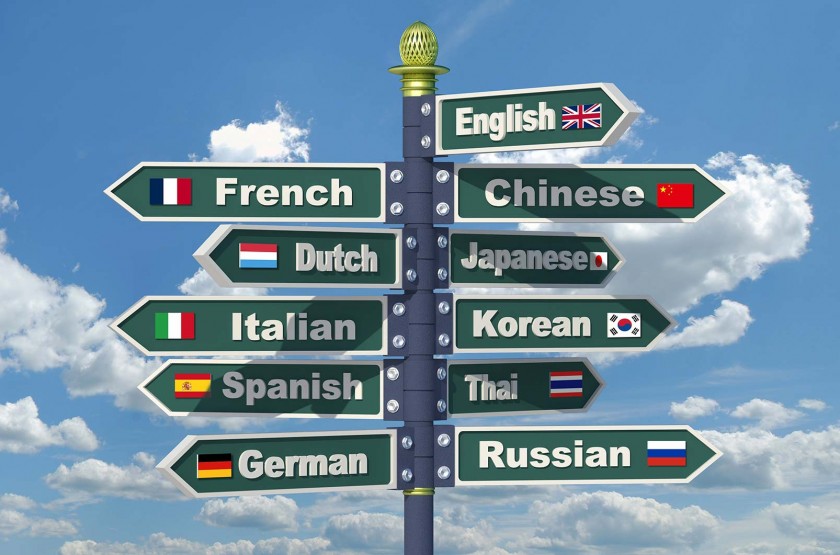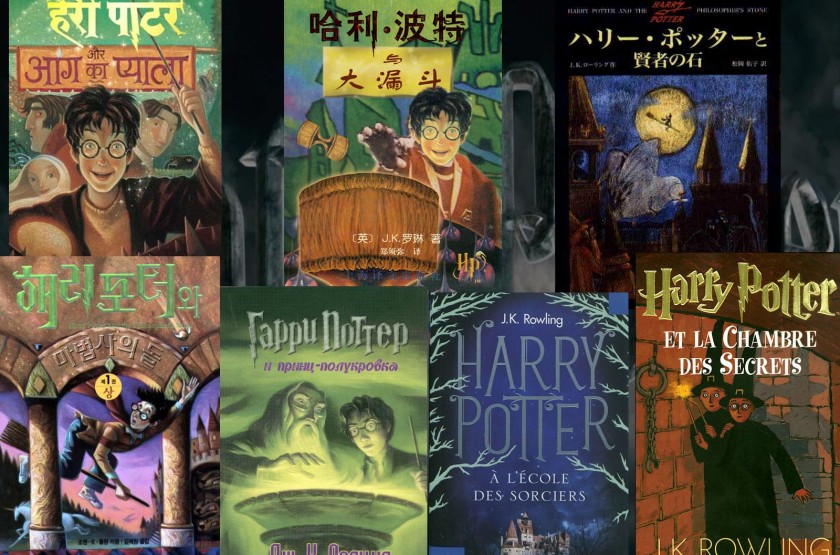Is the new generation’s text talk the downfall of grammar or a natural evolution of language?
- Hedd Freeman
- February 26, 2016
- 6,766 views

All languages go through periods of change; trying to read Shakespeare now is a strain for anyone who isn’t familiar with old English. Is it just natural that language evolves and new speech is established over time? Instead of laughing should we just say LOL, or is it a trend that is passing through before it gets uncool?
Text messages were designed as short messages to save time. Therefore text acronyms were initiated to use during text to save even more time. So why have they made their way into our social media, emails and even speech? It has affected us as more of a trend than a convenience. The question is whether this trend will be sticking around with us as an evolution of language.
It is common to hear someone in the street leaving a group of friends by saying ‘BRB’; ‘be right back’. How much time is this saving really though? Each letter is one syllable, each word is one syllable. These acronyms are creeping into our vocabulary as everyday terms not for efficiency with speech.
If there was a risk of this text talk plague infiltrating our lexis, everyone would be one step away from losing the ability to speak and write in full sentences. Imagine a world where Harry Potter ROFLs (rolling on the floor laughing) at the Weasley twins, and Gandalf was described as a GOAT (greatest of all time).
Looking at words like LOL entering our vocabulary long term may seem like a joke; however there are examples of words entering our terminology that would have been laughable at the time. Hello is a word we use every day to greet people. Not having this in our vocabulary would seem like something was missing in every conversation we have.
The dictionary explains that the usage of hello dates back to the invention of the telephone. Thomas Edison urged people to say ‘hello’ when answering the telephone, whilst his rival preferred the word ‘ahoy’. Hello was the official greeting written into the How To section on the primary phone books, where Hello caught on rapidly. At the time, adding this new term into daily life would have been a strange notion, just like if we decided to use ‘Ahoy’ now, or experiencing the ‘younger generation’s language’ for the first time.
Looking at new entries of the Oxford English Dictionary, we can see terms being acknowledged such as ‘Retweeted’ and ‘Photobomb’, so maybe we should be open to new evolutions of language, using new expressions we hear or at least being open to the thought. It is unlikely we will see these terms infiltrating our lexis but in a way how are these different to Hello? Only time will tell which of these new terms will stick around.











